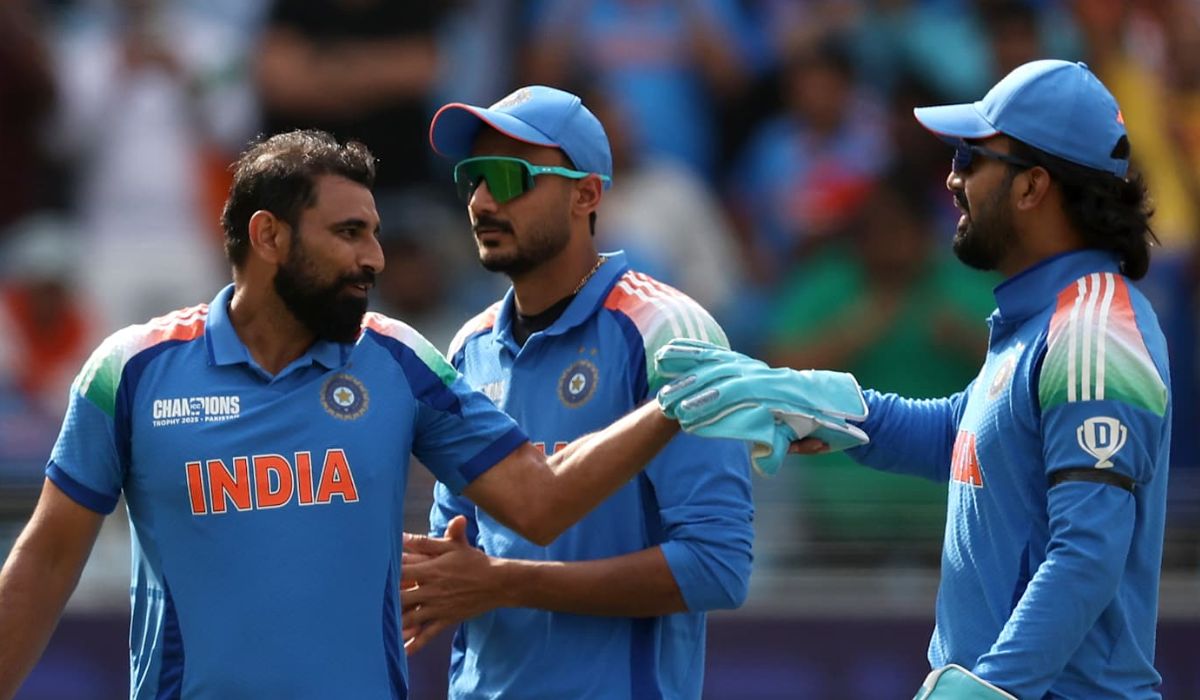India secured the 2025 ICC Champions Trophy title in Dubai, defeating New Zealand and reinforcing its dominance in white-ball cricket.
The victory followed their T20 World Cup triumph last year in USA and West Indies, but discussions around India’s growing influence in global cricket have intensified.
The Board of Control for Cricket in India (BCCI) plays a pivotal role in international cricket, primarily due to its financial power.
According to Forbes, India contributes nearly 80% of the ICC’s global revenue, making it the financial backbone. This influence has led to concerns that ICC decisions increasingly favor India’s interests.
Although Pakistan was the official host of the Champions Trophy, India played all their matches in Dubai. Due to political tensions, the Indian government refused to allow its team to travel to Pakistan.
As a result, India avoided extensive travel, unlike other teams. New Zealand, for instance, covered over 7,000 kilometers, while India remained in one location.
Some Indian players acknowledged the advantage, with Mohammed Shami admitting it helped, while Gautam Gambhir dismissed concerns. Critics called it an unfair edge.
This is not the first time India has benefited from scheduling decisions. In the 2023 ODI World Cup, a last-minute pitch change for their semi-final against New Zealand favored Indian spinners.
Similarly, during the T20 World Cup, their semi-final in Guyana was scheduled for 10:30 AM local time to suit Indian TV audiences.
West Indies legend Sir Andy Roberts criticized the ICC for favoring India, questioning how a team could avoid travel in an international tournament.
Veteran sports writer Sharda Ugra likened BCCI’s ICC control to the USA’s global influence, citing India’s financial power in key decisions.
While India remains a dominant force in cricket due to its talent pool, the growing perception of an unfair playing field raises concerns.
If ICC prioritizes revenue over fairness, it risks losing credibility and global interest in the sport. The question remains: is cricket’s integrity at stake?









